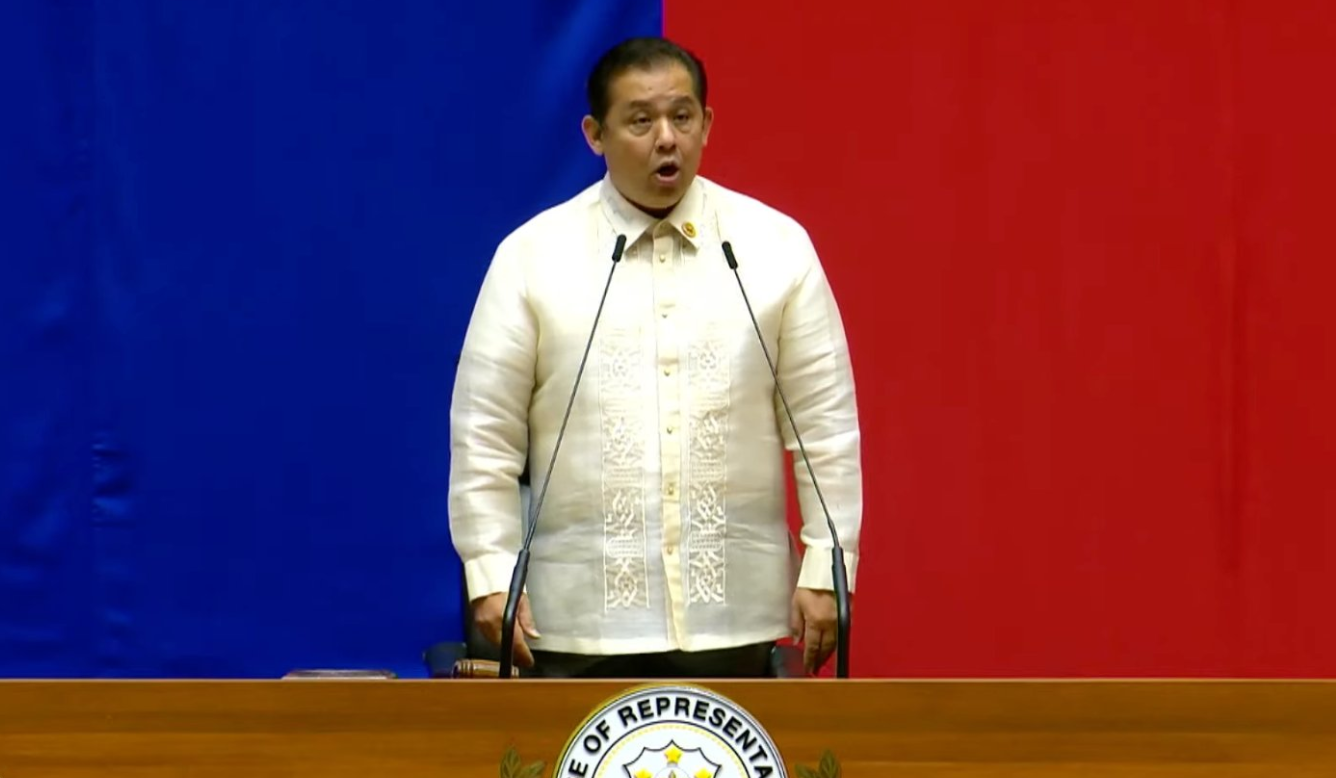House Speaker Ferdinand Martin Romualdez underscored the Philippines’ unwavering stand in the West Philippine Sea (WPS) dispute, saying the country’s commitment to international law is a crucial test of whether legal order can prevail against military might.
Speaking at the 29th Parliamentary Intelligence-Security Forum (PI-SF) in Madrid, Spain, Romualdez reaffirmed the Philippines’ adherence to the 1982 United Nations Convention on the Law of the Sea (UNCLOS) and the 2016 Arbitral Ruling that invalidated China’s expansive claims over the South China Sea.
“Let me be clear: the Philippines remains steadfast in protecting our rights and entitlements in the West Philippine Sea,” Romualdez stressed. “We categorically reject attempts to undermine our sovereignty, sovereign rights, and jurisdiction through coercion or disinformation.”
The Speaker’s remarks come amid rising tensions after a Chinese Coast Guard (CCG) vessel reportedly sideswiped and used water cannons on a Bureau of Fisheries and Aquatic Resources (BFAR) research vessel near Pag-asa Island on a routine scientific mission. This marks the first instance of BFAR being targeted in such a manner, although it’s not the first time the CCG has used aggressive tactics against Philippine vessels.
Romualdez emphasized that such confrontations are not just local matters but part of a broader, global struggle for the rule of law. “This is not just a regional issue. It is a global test of whether the rule of law will prevail over brute force,” he said.
China has justified its actions by reviving claims that a previous Philippine administration had agreed to remove the BRP Sierra Madre from Ayungin Shoal. However, President Ferdinand Marcos Jr. has firmly denied any such deal, saying if it existed, it has already been “rescinded.”
Despite these provocations, Romualdez maintained that the Philippines remains committed to peace and justice. “Our approach is anchored on legal clarity, diplomatic dialogue, leveraging partnerships, and the peaceful settlement of disputes. We will not allow foreign narratives to distort the truth,” he said.
He also highlighted the importance of forums like the PI-SF, which serve as venues for intelligence sharing and fostering unity among nations that champion democratic values.
“In an age when misinformation, cyberattacks, and technological disruption threaten the very fabric of our societies, the need for vigilance and unity among democracies has never been greater,” Romualdez concluded.






